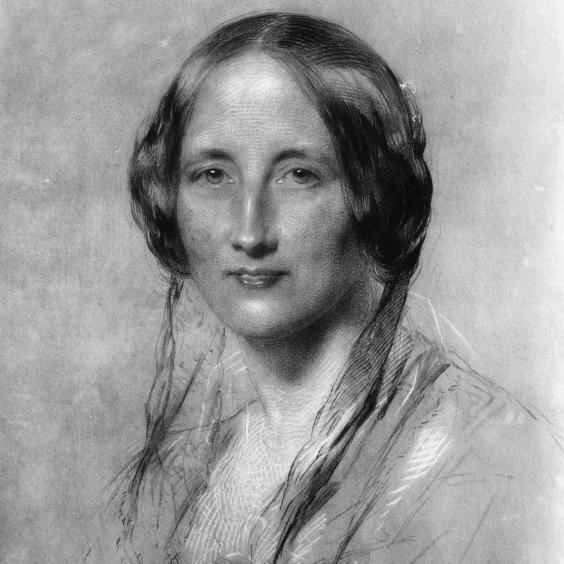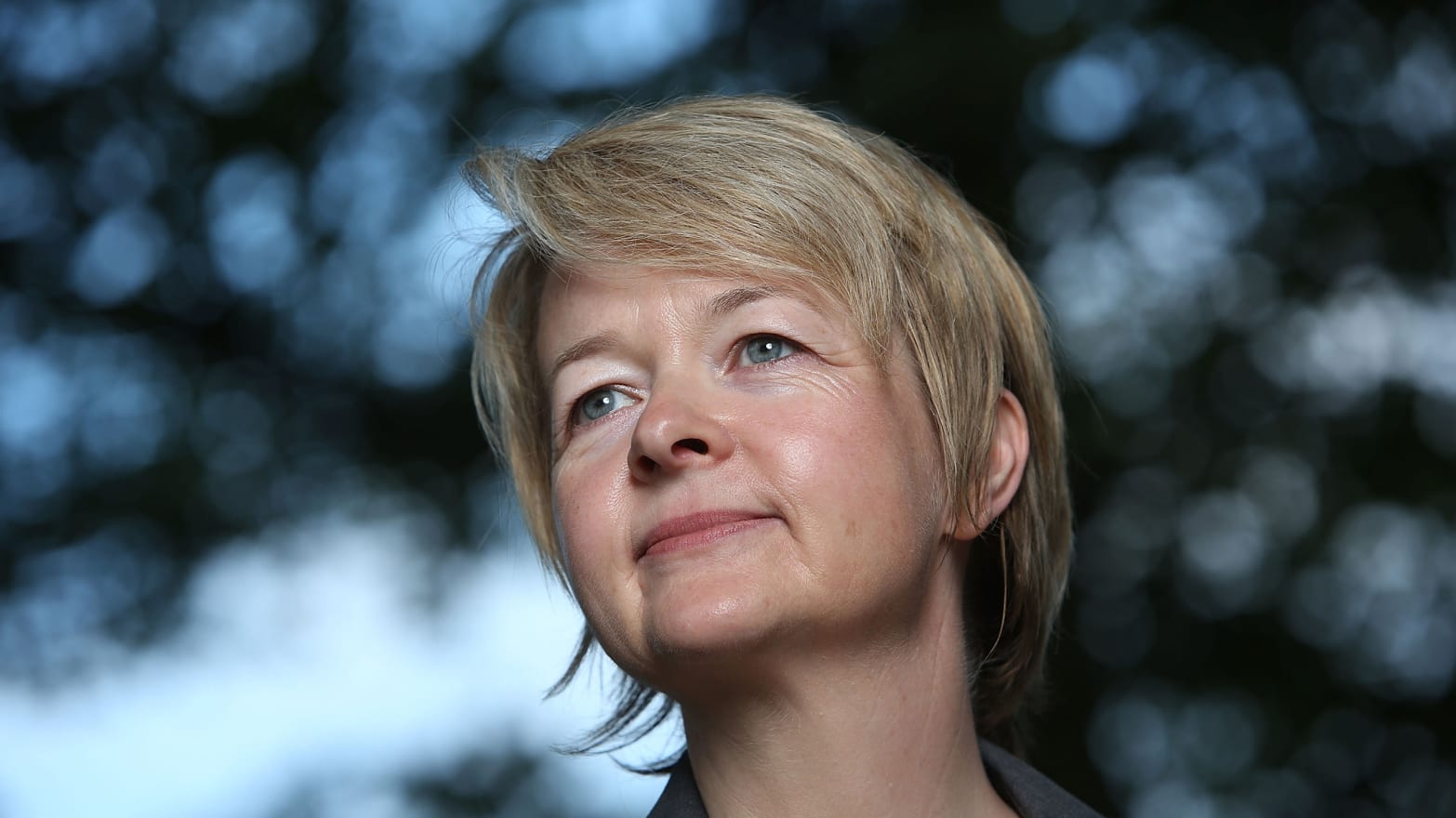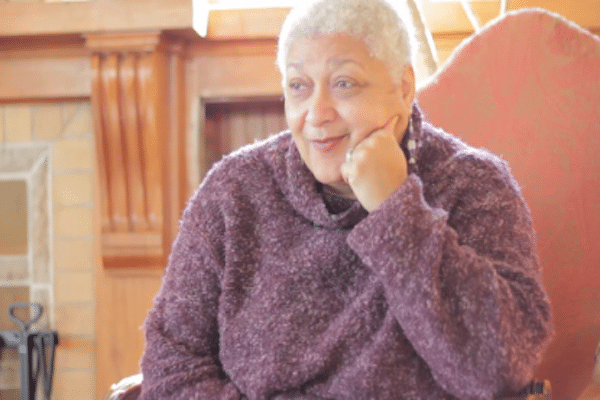Copyright 2020 by Gary L. Pullman
In Monster, She Wrote: The Women Who Pioneer Horror & Speculative Fiction, Lisa Kroger and Melanie R. Anderson contend that women writers' horror fiction was (and is) often of a "transgressive" nature, a reaction against women's "marginalization," as a form of "noncompliance" with the rules that a patriarchal society imposes upon women (9-10).
While it may be fallacious and simplistic to paint the lady writers of early horror fiction with so broad a brush, it may be true, in some cases, at least, that the impulse to write this particular type of horror fiction is, at times, at least, inspired by the motivation to rebel, if only in print.
Elizabeth Gaskell
Certainly, women writers were early practitioners of domestic horror, and, as the authors of Murder, She Wrote observe, "women in the nineteenth century were expected to be good homemakers, both as wives and mothers" (53). Stories of ghosts provided a means of catharsis for Elizabeth Gaskell, allowing her to explore and criticize such themes as spousal abuse and patriarchal oppression.
Charlotte Dacre
Vernon Lee
Sarah Waters
Jewelle Gomez
Kroger and Anderson's own glosses on the backgrounds of the women they feature in their review of women writers of horror fiction actually reveal a variety of inspirations for their writing, including an interest in erotica (Charlotte Dacre), a love of travel (Amelia Edwards), the repudiation of racism (Pauline E. Hopkins), lesbian leanings (Vernon Lee, Sarah Waters, and Jewelle Gomez), psychological instability (Edith Wharton), spiritualism (Margery Lawrence), the desire to live more imaginative lives, even if only in through the lives of the protagonists they themselves created (Everil Worrell), and a "personal struggle with . . . religious faith" (Anne Rice).
Lisa Kroeger
Melanie R. Anderson
The authors of Monster, She Wrote, in writing about women writers of horror fiction, tend to characterize the authors the way that writers of fiction sometimes characterize the minor figures they create. As a result, Kroger and Anderson tend to reduce the authors to a single personality trait and their motivation to one or, at most, a few, impulses.
What works in genre fiction doesn't work in biography. A person is much more than a personality trait, and it is her whole life that motivates him or her, not just one or a few passionate interests. By reducing women writers to flat, mostly static characters, Kroger and Anderson do their literary "pioneers" (and their readers) a disservice.
However, the authors are ambitious, and their book provides a lot of other information besides the authors' biographical sketches of the women writers whom Kroger and Anderson profile. Though not without its flaws, Monster, She Wrote has enough good material to recommend itself highly to fans of the genre.








No comments:
Post a Comment